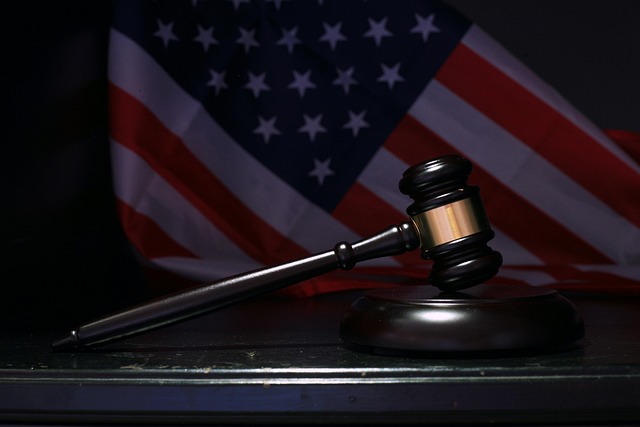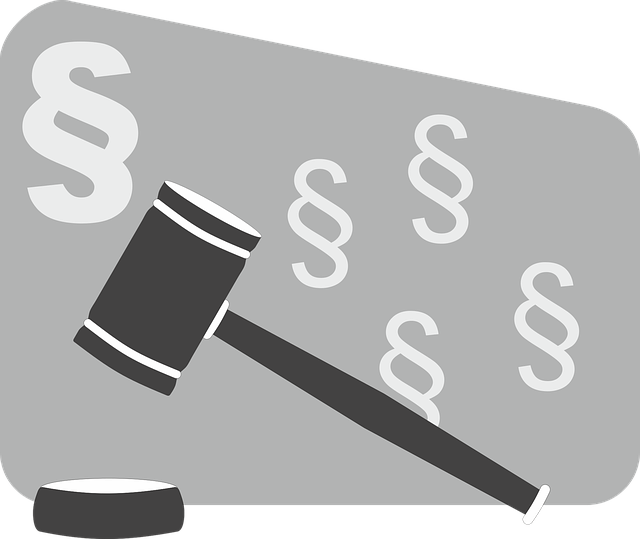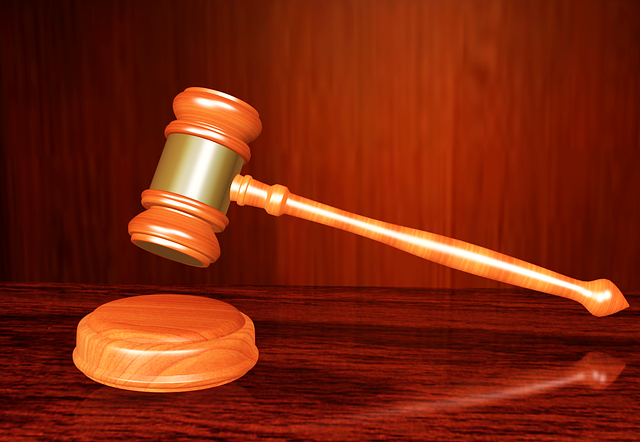Securities regulations are pivotal in shaping class action litigation outcomes, balancing investor rights and corporate interests. These rules govern every aspect, from disclosure requirements to settlement guidelines, influencing whether cases settle or go to trial. For defendants, strict compliance is essential to avoid severe repercussions, while for plaintiffs, it ensures fair compensation and transparent resolutions. Ultimately, securities regulations guide the process towards just outcomes, promoting market integrity and protecting investors through structured frameworks.
Securities class actions, a powerful tool for investors seeking justice, are shaped by intricate regulations that significantly influence litigation outcomes. This comprehensive guide explores the multifaceted world of securities class actions, delving into the role of regulations in both protecting investors and holding wrongdoers accountable. From understanding the mechanisms to analyzing case outcomes, we uncover how these laws impact plaintiffs’ rights while navigating complexities for defendants. Discover the intricacies of this legal landscape and grasp the profound effects of securities regulations on shaping litigation results.
- Understanding Securities Class Actions: A Comprehensive Overview
- The Role of Regulations in Shaping Class Action Litigation
- Impact on Plaintiffs: Rights and Protections Afforded by Securities Laws
- Defendant's Perspective: Navigating the Complexities of Regulatory Compliance
- Analyzing Case Outcomes: How Regulations Influence Settlement and Verdicts
Understanding Securities Class Actions: A Comprehensive Overview

Securities Class Actions represent a powerful mechanism for investors to hold companies and individuals accountable for securities fraud or violations of federal and state securities laws. Understanding how these actions work is crucial, especially in light of the impact that securities regulations can have on litigation outcomes. When investors pool their resources to file a class-action lawsuit, it sends a strong message that corporate misconduct will not be tolerated. This collective action can lead to achieving extraordinary results, ensuring that wrongdoers are held responsible and victims receive compensation.
The process involves careful navigation through complex legal frameworks, including securities regulations across the country. These regulations play a pivotal role in shaping the trajectory of class-action lawsuits by dictating what constitutes actionable fraud, setting deadlines for filing claims, and establishing guidelines for recovering losses. Ultimately, the interplay between these regulations and litigation strategies can determine whether cases proceed to settlement negotiations or jury trials, ultimately affecting the final outcomes for both plaintiffs and defendants.
The Role of Regulations in Shaping Class Action Litigation

Securities regulations play a pivotal role in shaping the landscape of class action litigation, directly influencing the outcomes for both investors and companies. These rules are designed to protect investors by ensuring fair practices in the securities market and providing a framework for resolving disputes efficiently. How Securities Regulations Impact Litigation Outcomes is multifaceted; they establish guidelines for disclosure requirements, set standards for corporate governance, and define the processes for investigating and enforcing violations.
By implementing these regulations, authorities can streamline all stages of the investigative and enforcement process, from initial complaints to settlement negotiations and jury trials. The regulatory framework ensures that class action suits are not only legally sound but also promote a more transparent and equitable resolution for affected investors. This structured approach allows for a balanced approach to litigation, where both parties have clear guidelines and rights, ultimately shaping the strategy and outcome of these high-stakes cases.
Impact on Plaintiffs: Rights and Protections Afforded by Securities Laws

Securities laws play a pivotal role in shaping the outcomes of class-action lawsuits, especially for plaintiffs. These regulations are designed to protect investors and ensure fair market practices, ultimately impacting how litigation unfolds. When investors suffer losses due to fraudulent or illegal activities, they have the right to seek justice through class actions. Securities regulations provide a framework that guides these legal battles, ensuring plaintiffs’ rights and protections.
One of the key impacts is the ability to hold corporate wrongdoers accountable. These laws enable investors to band together as a class, strengthening their collective bargaining power. The process includes comprehensive disclosure requirements, allowing for better transparency and enabling plaintiffs to make informed decisions. Additionally, securities regulations often facilitate the recovery of losses through monetary damages or settlement agreements, providing relief for both corporate and individual clients who have been wronged. This ensures that those responsible face consequences and that investors receive compensation for their losses.
Defendant's Perspective: Navigating the Complexities of Regulatory Compliance

From the defendant’s perspective, navigating the complexities of regulatory compliance is a critical component in securities class action litigation. Securities regulations are designed to protect investors and maintain market integrity, but they can also be intricate and multifaceted. Companies must ensure that their actions adhere to stringent rules and guidelines, which often requires extensive documentation and internal audits. This process is particularly challenging for larger organizations with complex business models and global operations. Missteps in regulatory compliance can lead to severe legal consequences, including substantial fines, reputational damage, and even criminal charges.
The impact of securities regulations on litigation outcomes cannot be overstated. Companies that demonstrate a commitment to regulatory compliance are often better positioned to build winning challenging defense verdicts. Conversely, those who fail to meet regulatory standards may face an uphill battle in court. This is especially true when it comes to avoiding indictment for more serious offenses. A general criminal defense strategy alone may not suffice; instead, a deep understanding and adherence to securities regulations can be a powerful tool in defending against class action lawsuits.
Analyzing Case Outcomes: How Regulations Influence Settlement and Verdicts

Securities regulations play a pivotal role in shaping the outcomes of class action lawsuits. When analyzing case settlements and verdicts, it’s evident that these rules significantly influence the process. The regulatory framework guides the steps taken by plaintiffs’ attorneys, defendants, and even judges throughout all stages of the investigative and enforcement process. This includes setting parameters for disclosure requirements, discovery processes, and potential remedies.
One notable impact is on settlement agreements. Regulations often require robust disclosures from defendants, ensuring that investors receive comprehensive information about the settlement terms. Additionally, they can encourage creative solutions that go beyond monetary compensation, such as restructuring plans or governance changes, addressing not just symptoms but also underlying issues. This approach fosters a more just and equitable outcome for affected investors, aligning with the goals of both the legal system and the philanthropic and political communities in achieving extraordinary results.
Securities class actions are complex legal battles, but understanding the interplay between regulations and litigation outcomes is key. This article has explored how regulatory frameworks shape every aspect of securities class actions, from plaintiff rights to defendant strategies. By examining case outcomes, it’s clear that regulations play a pivotal role in shaping settlements and verdicts. As the landscape of securities laws continues to evolve, so too will the dynamics of these cases, underscoring the importance of staying informed on how securities regulations impact litigation outcomes.






